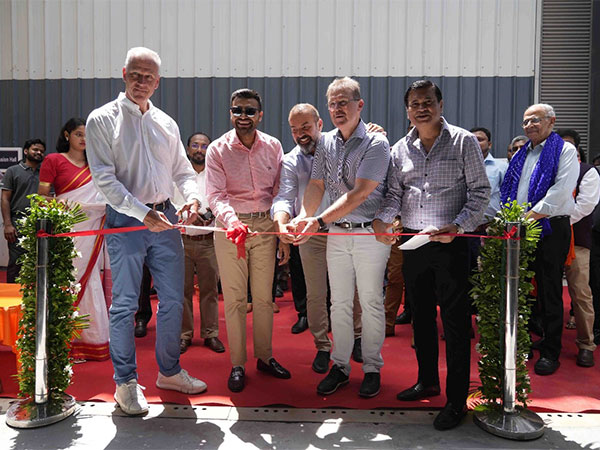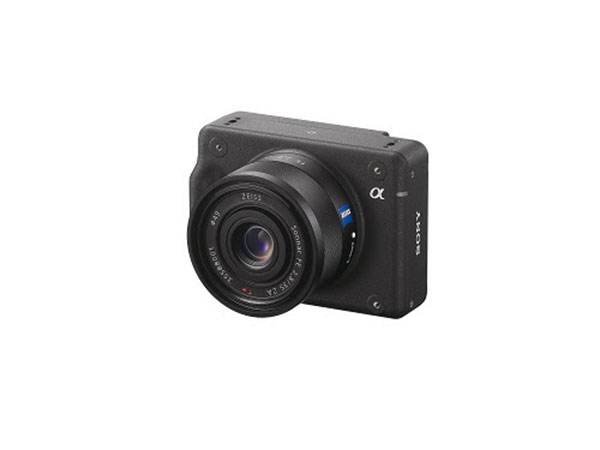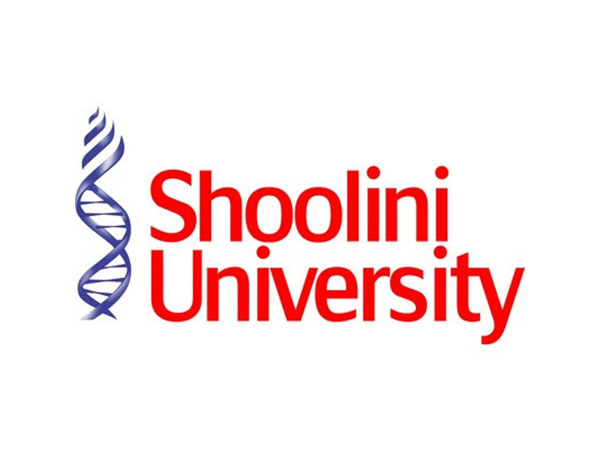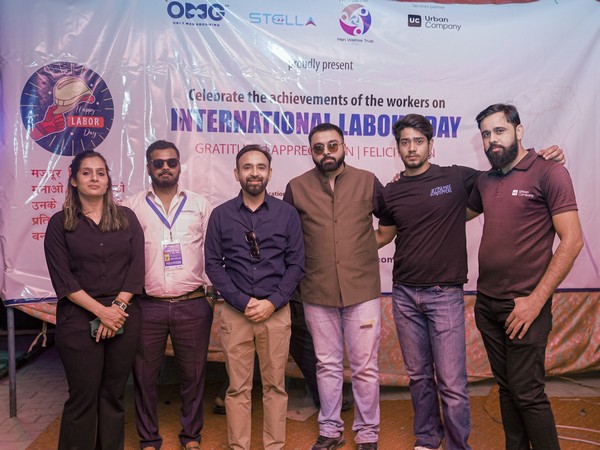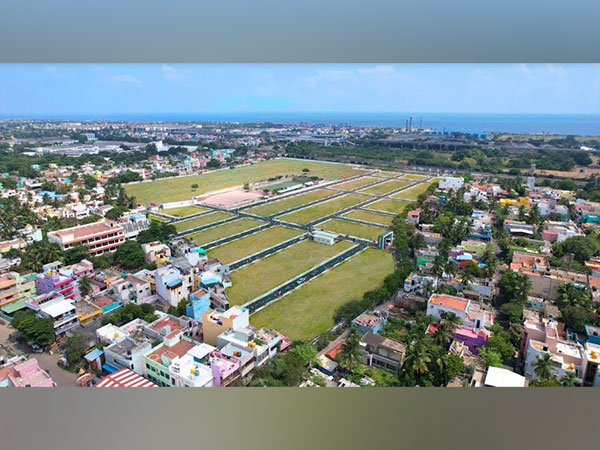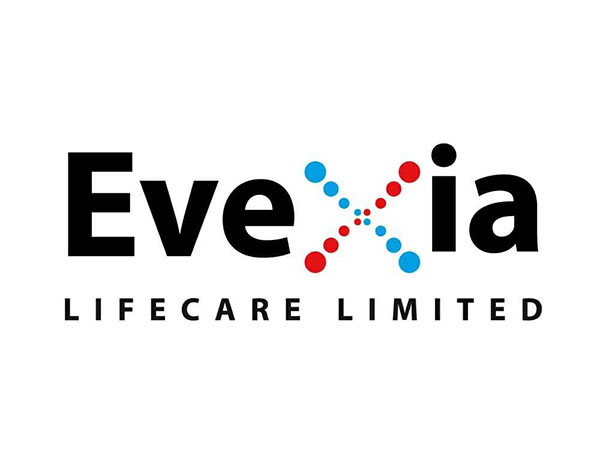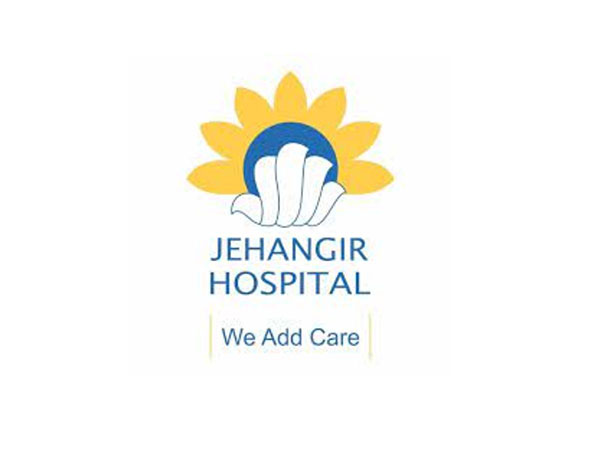
Jehangir Hospital Leads the Way in Advanced Cardiac Interventions
Sep 04, 2023
PNN
Pune (Maharashtra) [India], September 4: The escalating incidence of cardiac ailments, primarily attributed to the prevalence of coronary artery disease (CAD), has underscored the critical demand for cutting-edge cardiac interventions. Jehangir Hospital, Pune, a renowned healthcare institution with a legacy of over 78 years, etched its name in the healthcare history of Pune in 1972 by performing its first open-heart surgery, marking the beginning of its unwavering commitment to cardiac care. Over the years, Jehangir Hospital has nurtured one of Pune's most robust cardiovascular care programs, offering comprehensive services from infancy to adulthood and achieving exceptional patient outcomes.
Comprehensive Cardiac Care at Jehangir Hospital
Jehangir Hospital has earned a stellar reputation for providing comprehensive cardiovascular services, including round-the-clock care during the crucial Golden Hour following a heart attack. A team of highly skilled cardiologists and dedicated staff collaborates tirelessly to ensure prompt and effective treatment within this critical time frame, thereby significantly enhancing the chances of patient recovery.
The hospital's services encompass a wide spectrum of 24/7 Interventional Cardiology Services, spanning from Coronary Angioplasty and Stenting (PCI) to Primary PCI for acute myocardial infarction. Complex cardiac procedures like Mitral-Valvuloplasty, Permanent Pacemaker Implantation, and Cardiac Resynchronization procedures are also integral components of the hospital's cardiac care repertoire. Diagnostic services include Ambulatory Blood Pressure Monitoring, HUTT (Head-Up Tilt Table Test), and CTC Coronary Angiography.
In the realm of Cardiothoracic and Vascular Surgery, Jehangir Hospital stands out with its expertise in Coronary Bypass Surgery (CABG), Valve Replacement, Valve Repair, Aortic Root, and Aneurysm surgeries. The hospital's exceptional proficiency in minimally invasive bypass surgeries, total arterial revascularization, and off-pump surgeries position it among the world's leading cardiac care facilities. Additionally, the department offers a gamut of services, including Endovascular Revascularization, AV Fistula Construction, DVT Treatment, Peripheral Bypass procedures, and Peripheral Angioplasty. Patient safety remains the utmost priority at the Advanced Heart Care facility, ensuring that high-quality cardiovascular care is consistently delivered by seasoned professionals.
Hospital on Wheels - A Lifeline for Pune
In a pioneering move in 2003, Jehangir Hospital introduced Pune's first fully equipped Cardiac Care Ambulance, aptly named the "Hospital on Wheels." This fleet of well-equipped ambulances is geared to respond swiftly to adult and paediatric cardiac emergencies, strokes, and trauma emergencies. Operating 24/7, this advanced life-support ambulance service can be reached at 8888881066. Jehangir Hospital's emergency protocol guarantees dispatch within 5 minutes, with a team of trained Emergency Medical Services (EMS) doctors who are proficient in Advanced Cardiovascular Life Support (ACLS), supported by experienced nursing and paramedical staff. The ambulance team maintains constant communication with the hospital, efficiently coordinating standby critical care and cardiac teams to ensure rapid intervention, thereby minimising heart muscle damage.
Code Cardiac - A Blueprint for Swift Cardiac Emergency Response
"Code Cardiac" is the hospital's innovative emergency response system. When activated for a cardiac emergency, a specialised team assembles swiftly in the Emergency Room (ER), comprising cardiac nursing staff, 2D Echo technicians, support staff, and counsellors. The on-call cardiologist is promptly alerted, and administrative tasks are expedited and executed at the bedside in the ER. This approach not only ensures timely intervention but also allows family members to remain close and actively participate in care decisions. Following the ER assessment, the patient is transferred to the Cath-lab for essential cardiac intervention, with continuous monitoring and ventilatory support if necessary, ensuring the patient's safety throughout the process.
Cutting-Edge Services at the Jehangir Hospital Cath Lab
The hospital's state-of-the-art Philips FD 20 Cath lab empowers a broad spectrum of services for cardiology and interventional radiology. These services encompass Coronary angiography, Coronary Interventions, Digital subtraction angiography (DSA), Neurological Interventional procedures, Peripheral angiography and interventional procedures, Permanent pacemaker implantation (both single and dual biventricular), Internal cardiac defibrillators (ICD), Valve repair and replacement, Coronary resynchronization therapy (CRT), Pericardial tapping, IVC filter insertion, Abdominal angiography, Embolization, and Angioplasty. This formidable array of services underscores Jehangir Hospital's commitment to delivering cutting-edge cardiac care.
Cardiac Rehabilitation Program - A Holistic Approach to Recovery
Jehangir Hospital's Physiotherapy and Rehabilitation Department offers a personalised cardiac rehabilitation program designed to support patients during their recovery and post-discharge. Led by specially trained physiotherapists, clinical nutritionists, and psychologists, this 12-session program, held twice a week and each lasting about an hour, incorporates exercises, education, and psychological support. The program is initiated by the treating cardiologist to ensure its suitability for each patient's unique needs.
Advanced Techniques in Cardiology - Precision in Cardiac Interventions
Intracoronary imaging techniques, such as Intravascular Ultrasound (IVUS) and Optical Coherence Tomography (OCT), have emerged as vital tools for planning percutaneous coronary interventions (PCI). Dr. JS Dugal and Dr. Ajit Mehta, Senior Cardiologists and the esteemed members of the Jehangir Hospital team, emphasise the pivotal role of advanced technologies such as Fractional Flow Reserve (FFR), High-Definition IVUS (HD IVUS), and OCT in delivering superior cardiac care in PCI procedures.
PCI, commonly known as angioplasty, is a minimally invasive technique used to open narrowed coronary arteries caused by plaque buildup, thereby restoring blood supply to the heart muscle. It involves the insertion of a catheter guided by real-time imaging to diagnose and treat diseased coronary vessels.
Dr. Dugal and Dr. Mehta emphasise, "Imaging guidance during PCI is one of the key determinants of procedural outcomes because it is an integral part of every stage of PCI, including assessment of lesion severity, pre-procedural planning, selection of appropriate stenting strategy, stent size, landing zones, optimization, and management of immediate complications such as dissection, thrombus, tissue prolapse, side-branch compromise, etc. During follow-up, imaging helps in the identification and management of mechanisms of stent failure in instances of restenosis or thrombosis."
Global studies support OCT and HD IVUS-guided procedures for their accuracy and cost-effectiveness. These methods provide detailed 3D views of blood vessel layers, improving blockage identification, stent selection, and placement confirmation. This benefits high-risk patients like those with diabetes, ACS, and complex coronary issues. The system consists of a catheter with a camera for real-time inner vessel imaging, enhancing clarity for cardiologists.
Regarding the superiority of IVUS imaging in coronary procedures, Dr Dugal and Dr. Mehta emphasise, "While angiography was considered the gold standard for imaging during percutaneous coronary interventions, it has its significant limitations. Intravascular Ultrasound (IVUS) and optical Coherence Tomography (OCT) allow them to see a coronary artery from the inside out. This unique view provides a cross-section view and critical clinical information that is not possible with routine imaging methods, such as coronary angiography, performed in the cath lab, or even non-invasive CT scans."
Fractional Flow Reserve Angiography (FFRA) - Enhancing Precision in Assessing Blood Flow
FFRA plays a pivotal role in assessing blood flow. Cardiologists employ a sensor-tipped wire to measure pressure, facilitating the identification of the need for intervention in narrowed arteries. FFR-guided stenting leads to more accurate placements and fewer complications, resulting in lower rates of death, heart attacks, and the need for repeat procedures.
Cardiac Surgery - Excellence in Surgical Interventions
Jehangir Hospital in Pune is a pioneer in coronary bypass surgery, now offering a leading cardiac surgical program with specialised facilities. Their expert team provides comprehensive care, including advanced surgeries, with a focus on patient well-being. Notably, they achieved the Western Region's first heart retrieval milestone, embodying their mission of high-quality, accessible, and affordable cardiology and cardiovascular surgery programs for all ages. Jehangir Hospital's unwavering dedication to pioneering technology, advanced techniques, and patient-centric care has positioned it at the forefront of cardiac care in Pune and beyond. With an impressive track record of achievements and a commitment to innovation, Jehangir Hospital continues to raise the bar for cardiac care, offering hope and healing to patients seeking comprehensive and cutting-edge solutions for cardiac ailments.
(Disclaimer: The above press release has been provided by PNN. ANI will not be responsible in any way for the content of the same)
